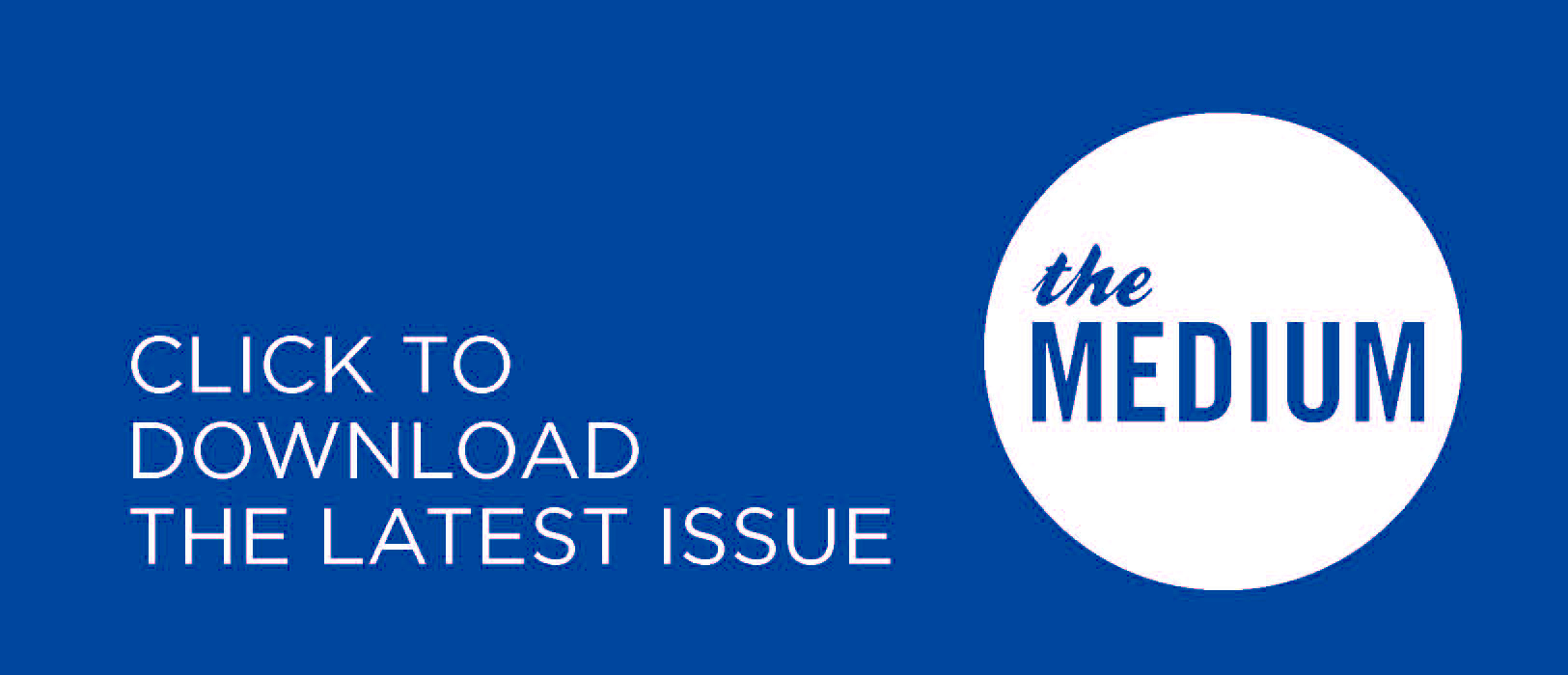- Letter to the Editor: Not so much East vs. West
- Article by Carine Abouseif on November 7, 2011
Several weeks ago, the discussion in one of my classes turned to the idea of resisting “Orientalism”. There’s a long and complex discourse around the concept of Orientalism that I won’t go into here. Orientalism, most simply, and for our purposes, deals with the way in which (colonial) Western artists, writers and so on depicted the “Orient” (which just means “east”) as mysterious, exotic, romanticized, etc. (Think colonial paintings of Arabic harems full of half-naked women.) The discussion inevitably turned to the so-called “Orient” today, and how the people of these “Oriental” countries can now resist the images put upon them by colonizers so many decades ago. Within that discussion emerged a serious problem with our terminology.
It seemed as though, despite the professor’s efforts to keep our discussion in a territory that does not label sides as “East” or “West”, the discussion continually veered into a direction that titled the “us” as “Western” and the “them” as “Eastern”. Several of my classmates began their sentences with words like “We, as Westerners…”. This type of language did not bother me so much on a personal level, as much as it did in reference to what we were discussing.
Distinctions between East and West are not as clear now as they were during the colonial periods we have been discussing in that class, especially at a university that accommodates so many international students.
No doubt, there were students in that room from the very countries that are supposed to be part of the “Orient” (myself included). The same obviously extends to Mississauga and the rest of the GTA.
It is important to remember that many of these people, no matter how long they’ve been in North America, do not identify as “Westerners”, but also that, they may not identify as “Easterners” either. Perhaps they identify as both—or neither. The point here is that this divide is no longer as clear, and that speaking of the divide as if it were clear is part of the problem that we were attempting to address in that very class. But how can we address an issue if we don’t have the proper vocabulary to do so?
“We” are not completely “Western” anymore, especially not in the colonizing sense. And besides, what makes someone distinctly “Western”? Is it a certain set of values? The shape of a person’s nose?
I hate to be cliché and fixate on the “us” and “them” terminology here, but in some way or other using these terms shows a lack of understanding of the places, and more importantly of the people, being discussed. And while I am in no way implying that this lack of understanding is the fault of those who spoke that day, I definitely believe that language is an important part of how we internalize things.
A change in language obviously cannot fix decades of colonial occupation and an acquisition of power, but it is still an important step to take before we can even begin to have effective discussions about diversity, colonialism, and modernity, among other things.
Sincerely,
Carine Abouseif
Tags: depiction, Orientalism, terminology, volume-38-issue-9
Related
Hot Topics
- Halloween Pub posts record sales
- Article by Sheri Veibl
UTMSU hosted the annual Halloween Pub last Thursday night where students in a wide variety of costumes crowded the Blind Duck Pub.
- Read more in Hot Topics
News
- Low turnout at town hall
- U of T awarded for sexual diversity activism
- Another “Drop Fees” campaign
- Read more in News
A&E
- The race to survive
- Macbeth goes to a lot of toil and trouble
- Cinema stirs the senses
- Read more in A&E
Features
- Discussion versus lecture in class
- Luke’s Languages #4
- University burnout
- Read more in features
Sports
- UTM White on a winning streak
- ECG screening in athletes
- UTM playoffs update
- Read more in Sports





READ MORE